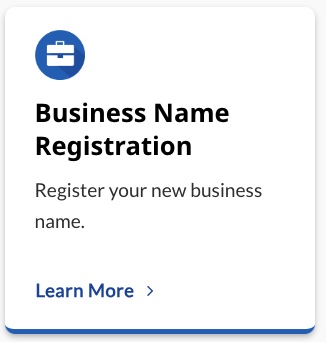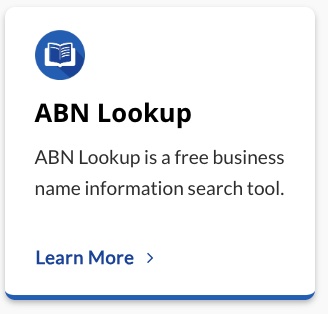Starting Your Own Business in Australia: A Comprehensive Guide
Starting your own business can seem like a daunting task with many hoops to jump through, especially in a foreign country. In Australia, the process is more straightforward than you may think. This blog post details the steps needed to start your business in Australia.
Firstly, it starts with understanding the Australian business landscape and the regulations set by the government. Remember, being familiar with the laws and the market will prevent falling into unnecessary legal traps. So, the more research you put in, the more prepared you will be for the road ahead.
Next, decide on the business structure. Australia offers three main business structures: sole trader, partnership, and company. A sole trader is a business owned and operated by one person. A partnership involves two or more people running a business together. A company is a legal entity separate from its owners. Depending on your needs and goals, choose the structure that is most suitable for your business.
Now comes the most important part – registering your business name. A unique and catchy business name is at the heart of every successful business. To begin the process, visit register.biz.au, a website specially designed to make the registration process as seamless as possible. Ensure the chosen name is not already registered by another company. After this, you will have a legally registered business name in Australia.
Next, it is crucial to secure an Australian Business Number (ABN). An ABN is an 11 digit number that identifies your business. This unique identifier is needed for tax purposes and it’s generally seen as a legitimacy stamp for your business.
Once you have your business name and ABN, it’s time to register for the Goods and Services Tax (GST) if your business’ revenue will exceed $75,000 AUD. This is a necessary legal requirement for businesses in Australia.
Now let’s dive into financing your business. Multiple possibilities exist for financing your start-up, including bootstrapping, angel investors, venture capitalists, and bank loans. Bootstrapping, or self-financing, is a common method where the owner invests their own funds into the business. Other financing methods involve external parties investing in your business. Carefully explore your options to see what works best for your situation.
Keeping records for your business is key. Proper bookkeeping can help ensure you are paying the right amount of taxes and can help you make informed business decisions. Consider investing in bookkeeping software or hiring a professional to ensure your business records are accurate and up-to-date.
Lastly, and very importantly, protect your business by getting the right type and amount of insurance. There are several types of business insurance available in Australia, such as workers’ compensation, public liability insurance, and professional indemnity insurance.
Starting your own business in Australia can be an exciting endeavor. With careful research and planning, you can set your new venture up for success. Always remember that every business
Register your new business name at register.biz.au


